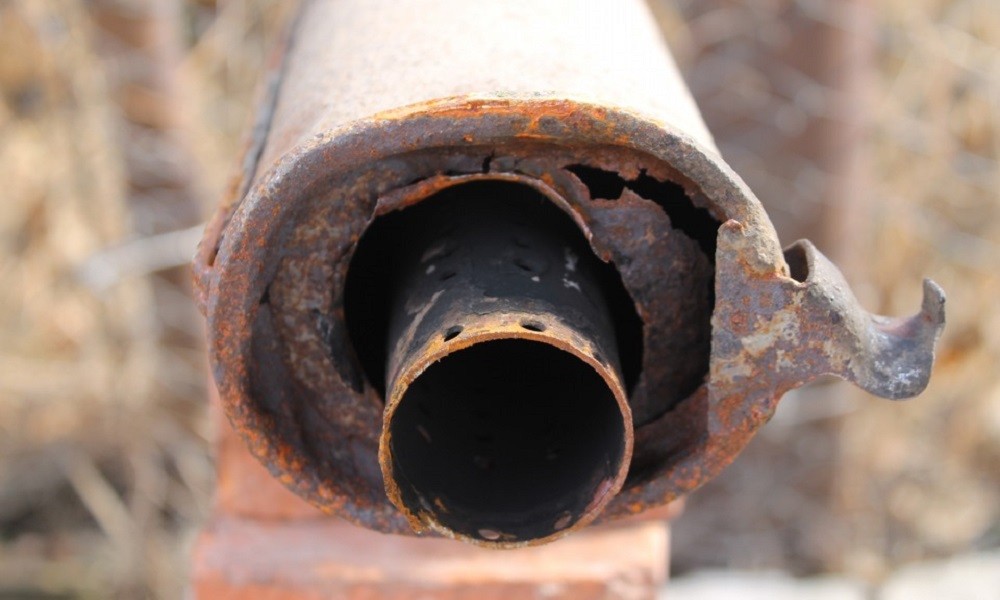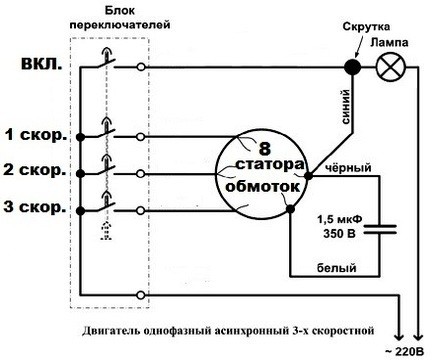
Symptoms of a Bad or Faulty Muffler
Common symptoms include engine misfiring, very loud exhaust noise, and condensation in the exhaust pipes.
Did you know that the first internal combustion engine had a muffler? Although it did not meet today's standards and was not designed to reduce emissions or noise, the first internal combustion engine, designed by J. J. Étienne Lena in 1859, had a small metal gearbox at the end of the exhaust pipe designed to reduce backfire. Since then, mufflers have evolved and become mandatory components of any vehicle operating on the roads of the United States.
Modern mufflers perform two functions:
- To reduce exhaust system noise directed from the exhaust ports to the exhaust pipes.
- To help direct exhaust gases from the engine
A common misconception is that mufflers are also an important part of vehicle emissions. While there are chambers inside the muffler to help break down particulate emissions, emissions control is the responsibility of catalytic converters; which are installed in front of the rear muffler and can reduce hazardous chemical emissions emanating from the rear of modern internal combustion engines. As mufflers wear out, they tend to lose their ability to effectively "muffle" the sound of a vehicle's exhaust.
Mufflers typically last five to seven years on most vehicles in the US, but can wear out prematurely due to several issues including:
- Salt exposure; either on roads that are normally covered in ice or snow, or in salt water in communities near oceans.
- Frequent impacts due to speed bumps, low clearance potholes, or other impact objects.
- Overuse or custom fabrication not recommended by the manufacturer.
Regardless of the exact cause, broken mufflers usually show several general symptoms that alert the vehicle owner that a problem exists and needs to be repaired or replaced by an ASE certified technician. Below are some warning signs of a broken, bad, or faulty muffler that should be replaced.
1. Engine misfires
Modern engines are finely tuned machines where all components must work together to work efficiently and effectively. One of these systems is the vehicle's exhaust, which begins in the exhaust valve chamber inside the cylinder head, flows to the exhaust manifolds, into the exhaust pipes, then to the catalytic converter, into the muffler, and out of the tailpipe. When any of these components are damaged, it can affect the operation of the vehicle, including causing engine misfiring. If the muffler has a hole inside the device and loses its effectiveness, it can cause misfiring in the engine, especially when slowing down.
2. Exhaust is louder than usual
Loud exhaust noise is usually the result of an exhaust leak, which usually occurs in the muffler and not in the exhaust components located near the engine. As engine exhaust passes through the exhaust system, it is trapped and eventually passes through the muffler. Inside the muffler is a series of chambers that help reduce the vibrations from the exhaust that are commonly associated with sound. When a muffler is damaged or has a hole in it, the pre-muffled exhaust will leak, amplifying the sound coming from the exhaust system.
While it is possible that an exhaust leak can occur before the muffler, in most cases the loud exhaust is caused by a leak in the muffler itself. In either case, a certified mechanic will need to check and fix the problem.
3. Condensation from exhaust pipes
When the exhaust system, including the muffler, cools down while the engine is running, moisture from the air condenses inside the exhaust pipe and muffler. This moisture stays there and slowly eats away at the exhaust pipe and muffler housing. Over time and countless warm-up/cool-down cycles, your exhaust pipe and the seams of your muffler will rust and begin to leak exhaust fumes and noise. When you notice excessive condensation coming out of your exhaust pipe, especially at noon or warmer times of the day, it could be a sign that the muffler is starting to wear out.
Since the muffler is a critical component of your vehicle's entire operation, any of the warning signs above should be taken seriously and encourage you to contact your local ASE certified mechanic as soon as possible.
